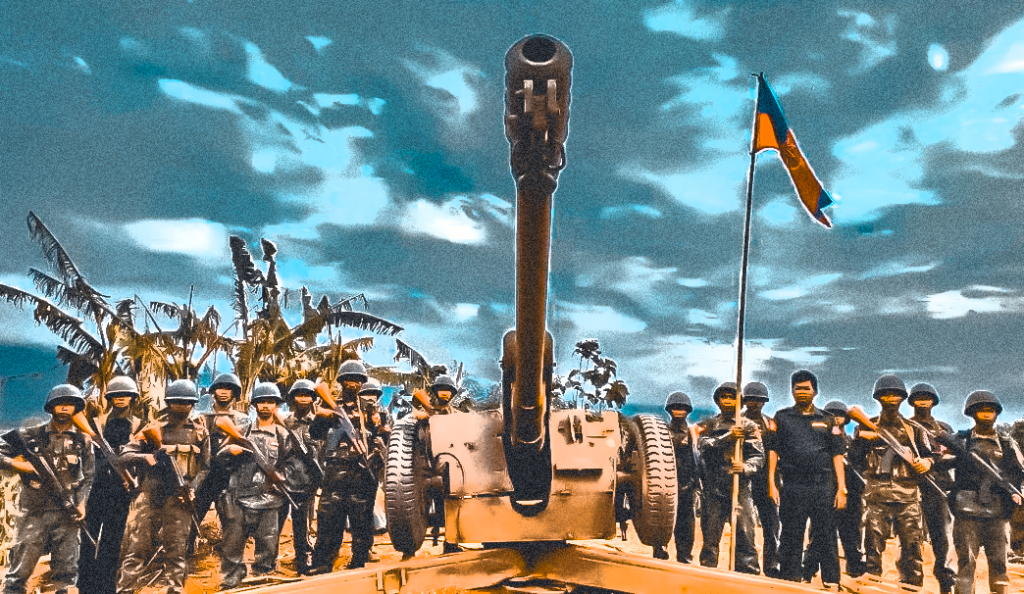Myanmar Spring Chronicle – December 06
MoeMaKa, December 07, 2023
Urban Struggles and Rural Perils: Pondering a Post-Conflict Union
Residents in cities and state/region capitals under Military Council control may not have witnessed direct warfare, barring Loikaw, but they grapple with their share of challenges—security checks, arbitrary arrests, rising crime rates, and a scarcity of essential fuels for daily life and work.
Security issues, regional warfare, blockades, embargoes, and tax collections by security groups contribute to stark price variations across regions. Competitive sales in such circumstances strip buyers and consumers of the opportunity to secure lower prices. During blockades, prices set by import-capable traders become fixed, leaving consumers with limited choices.
Reports highlight fluctuating prices of necessities like food, medicine, and fuel nationwide. In blocked areas, a bag of rice and a gallon of fuel may cost hundreds of thousands, while a measure of rice may fetch tens of thousands. The struggle to earn enough for daily sustenance and medical care compounds the hardships. The ongoing fuel shortage aggravates economic and social issues, prompting people to flee on foot to escape conflict. In cities, insufficient electricity exacerbates the challenges. Reduced foreign currency spending on power production and the destruction of power system towers in conflict zones severely impact electricity supply, plunging the situation to its worst state in over a decade.
Urban residents face insecurity and limited access to essential goods, despite their homes being spared from direct attacks. In rural areas and towns, those displaced by war, families bereaved in armed conflicts, and victims of beatings and torture endure even greater hardships. The United Nations reported over 2.35 million people displaced by war nationwide at the end of last month. In a country with a population exceeding 50 million, this figure signifies that one in 20 individuals in Myanmar is now a displaced person—a staggering 5 percent of the population.
Post-military coup, young people in cities, towns, and rural areas opposed to the junta opted for armed resistance. Their goal is the permanent removal of the military from political power, if not the complete disbandment of the army leading to a fresh reorganization. Certain ethnic armed groups, initially involved in National Ceasefire Agreement (NCA) negotiations, reverted to armed paths. They provided military training to city-dwellers, integrated them into their ranks, and collaborated to assail the military council. Almost three years after the coup, numerous areas are battlegrounds, and several military bases and cities have been seized by diverse organizations.
Though the armed conflict hasn’t peaked, it prompts contemplation of the future Myanmar, shaped by varied ethnic groups and religions. While there is a prevailing consensus for a federal union, some envision a confederation level or a more independently binding structure. Regions like Wa have thrived as confederacies for decades.
The term “union” should transcend mere rhetoric, embodying the essence of federalism, equal rights, and mutual respect grounded in political consensus. Initiating agreements is crucial to prevent a scenario where dominant armed forces coerce and control weaker counterparts, whether elected by force, majority votes, or popular will.
While defeating the enemy remains pivotal, providing guidance for the future direction is equally critical to prevent a regression to old ways, where decisions were dictated by force within armed forces.

